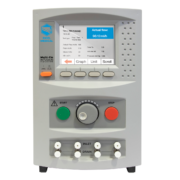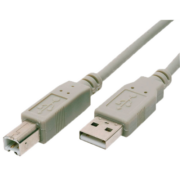Infusion Pump Testing
Infusion pump testing ensures the safety and performance of all infusion devices
Infusion pumps must be regularly tested to check the correct functioning of alarms and accurate delivery/flow rate. Infusion pump testing is particularly important because these devices are often used on patients in critical condition. Our infusion device analysers provide automated testing of devices with up to 4 channels that run simultaneously.






















